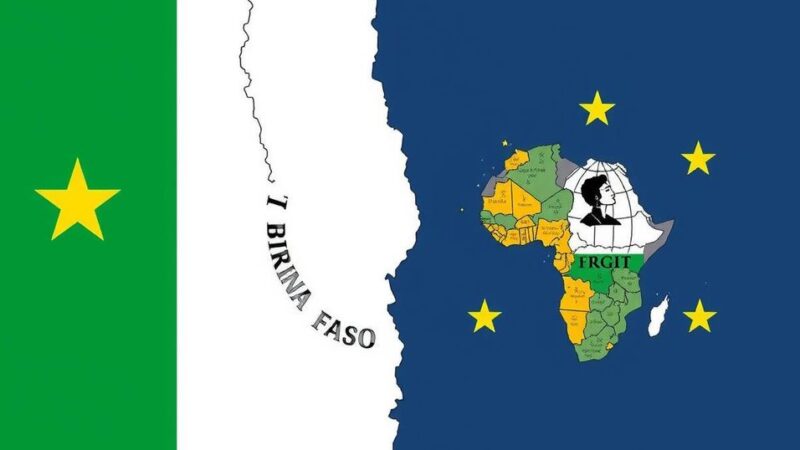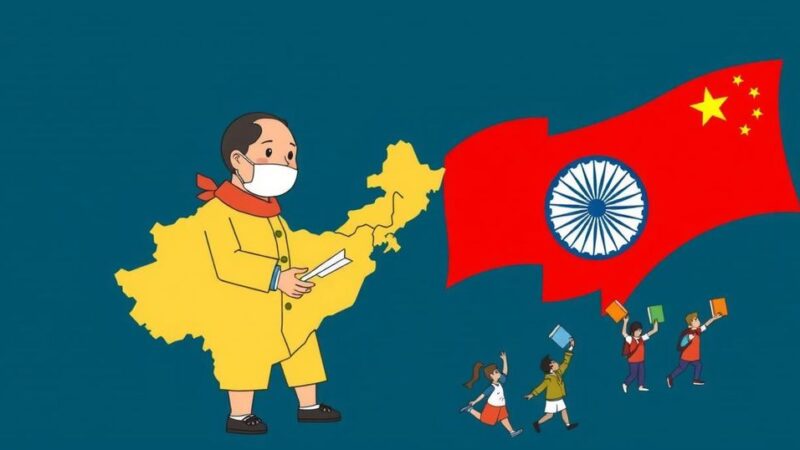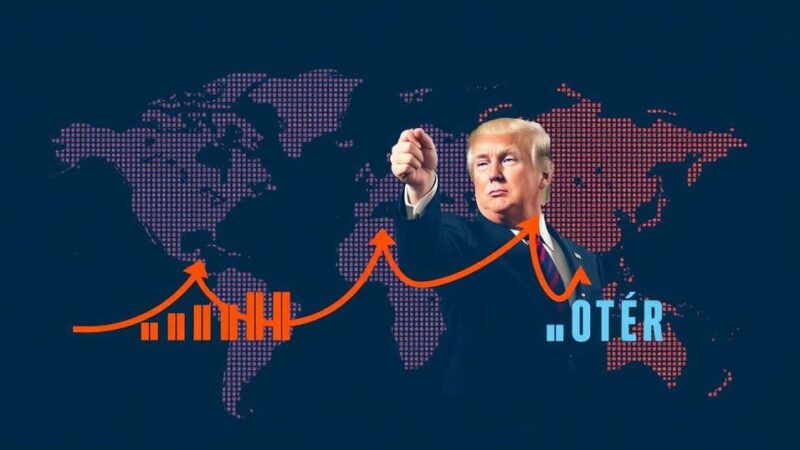Experts indicate that inflation has significantly impacted voter perceptions, contributing to dissatisfaction with the incumbent party during recent elections. Despite positive economic indicators, widespread concern over inflation led to negative views on the economy. This pattern reflects historical trends where high inflation results in government turnover, further emphasizing the critical nature of inflation in shaping political dynamics.
Inflation played a significant role in shaping the recent election results, as experts contend that it has driven voter sentiments against the incumbent party. While various economic indicators suggested positive performance—such as a thriving stock market and low unemployment—the overwhelming concern about inflation led voters to perceive the economy negatively. An ABC News exit poll indicated that more than two-thirds of voters believed the economy was in poor condition, reinforcing the idea that inflation was a decisive factor. Experts emphasize the unique impact inflation has on elections, as high prices create a tangible, daily discomfort for consumers, thereby fostering dissatisfaction with the current administration. Chris Jackson, a senior vice president at Ipsos, noted, “Inflation has a specific and special power in elections… It’s something they see in their face every day.” The global context further illustrates the repercussions of inflation for political leadership; notable shifts in government occurred in several countries experiencing high inflation following the pandemic. For instance, Brazil and the United Kingdom both saw their leaders replaced due to rising prices. Furthermore, a study by Eurasia Group indicates a pattern of government turnover during inflation crises, with historical data suggesting that elections held during such periods result in a change of leadership in roughly 75% of cases. Despite inflation easing in the past two years, the significant price increases that began with the pandemic remain influential in shaping voter perceptions and sentiments. As consumers come to terms with elevated price levels, experts caution that inflation will continue to be a critical issue heading into future elections, especially if there are further economic missteps by the Republican Party. Ultimately, the sentiment surrounding inflation has the potential to reshape the political landscape in the United States, indicating that future elections could be heavily influenced by inflationary trends and their effects on voter perceptions.
The article delves into the relationship between inflation and voter sentiments during recent elections in the United States, drawing on expert analyses to illuminate the political consequences of economic trends. Inflation, characterized by rapid price increases post-pandemic, has garnered widespread concern amongst voters, overshadowing positive economic indicators. The text specifically explores how inflation shapes public perceptions of the economy and drives political change globally, particularly emphasizing historical patterns of leadership change in times of economic turmoil. Public unrest over inflation has prompted dissatisfaction with incumbents, presenting a recurring theme across various governmental contexts.
In summary, inflation emerged as a pivotal factor influencing the recent elections, with experts affirming its profound effects on voter perceptions and sentiments. While other economic indicators remained stable, inflation detracted from these positives, highlighting the unique political implications of rising prices. Historical trends reiterate the correlation between inflation crises and government changes, suggesting that the ongoing economic landscape will continue to shape voter behavior and potentially the political landscape in the United States as we look toward future elections.
Original Source: abcnews.go.com





